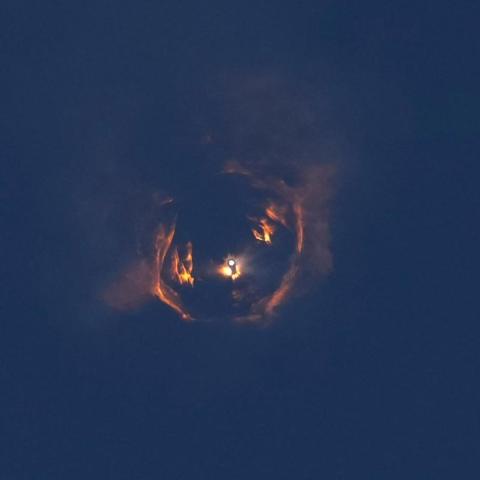The University of Michigan is in the spotlight for using undercover investigators to monitor pro-Palestinian student protesters. Reports indicate that these investigators have been tracking students both on campus and off, documenting their actions and listening in on their conversations.
Students have expressed concerns, suggesting that this surveillance feels more like harassment than a safety measure. They have claimed that the investigators have used aggressive tactics, such as cursing at them and even threatening physical harm. In one alarming incident, a student reported that an investigator drove a car toward them, forcing them to jump out of the way.
Many students have recognized these undercover operatives, noting that they often work in teams at local cafes and bars. In a particularly bizarre incident captured on video, one investigator feigned a disability and falsely accused a student of robbery.
The heightened scrutiny comes after recent actions by Michigan’s Attorney General, Dana Nessel, along with the FBI, sparking fears among students about their safety and the freedom to express their beliefs. While the university has not denied employing these investigators, they maintain that their focus is on maintaining campus safety for all, not targeting specific groups.
Henry MacKeen-Shapiro, a student involved in the protests, raised alarms about the university’s increased surveillance tactics, likening it to a troubling shift towards monitoring student activism. He expressed that this trend is alarming and poses risks to students’ rights to protest peacefully.
Interestingly, public sentiment on social media reflects a mix of support and concern regarding this situation. Many users have voiced their fears that such surveillance could stifle free expression and intimidate students who wish to engage in activism.
As a comparison, this situation echoes past events where universities faced backlash for monitoring students. In the 1960s, for instance, many college campuses reacted similarly during protests against the Vietnam War, leading to debates over student rights and institutional authority.
This issue of surveillance in educational environments raises questions about the balance between safety and freedom. As universities navigate these complex challenges, it’s crucial for them to consider the impact of their actions on student rights.
For further insights on campus activism and surveillance, you can refer to reports from credible sources like The Guardian and NPR.
Source link
U.S. universities,pro-Palestine protest,Israeli regime,spying,Gaza war




















